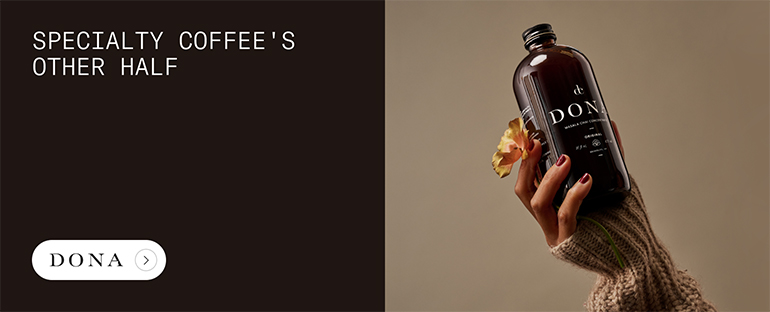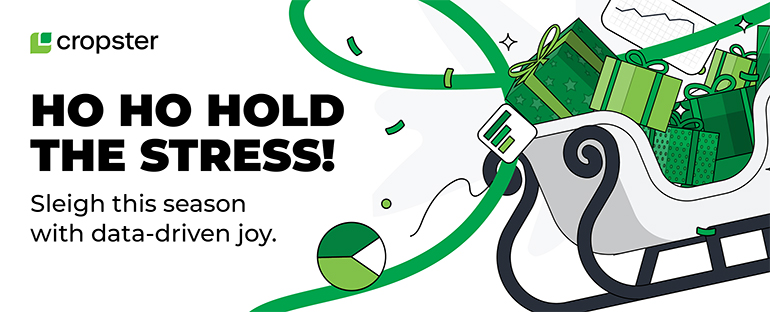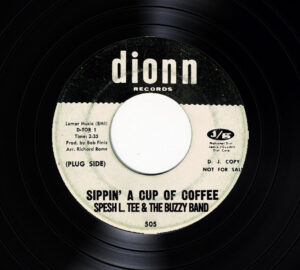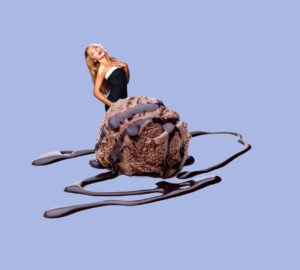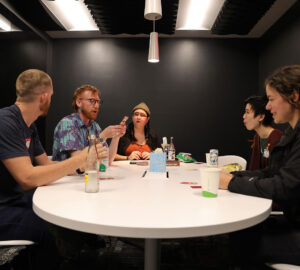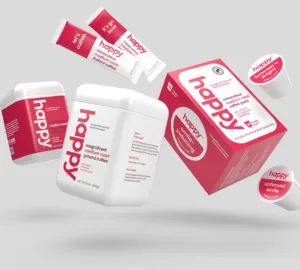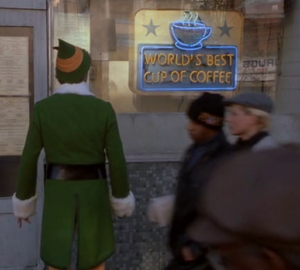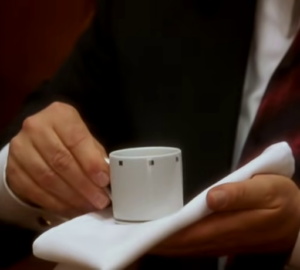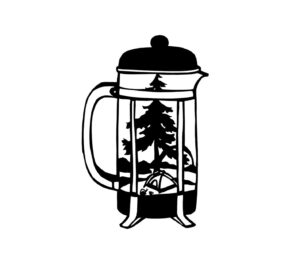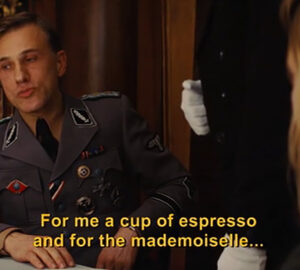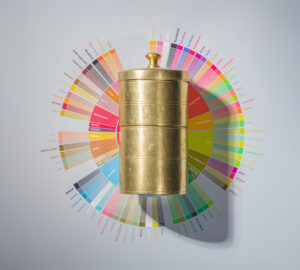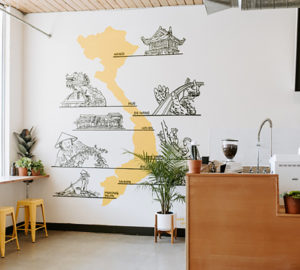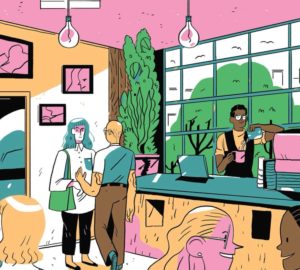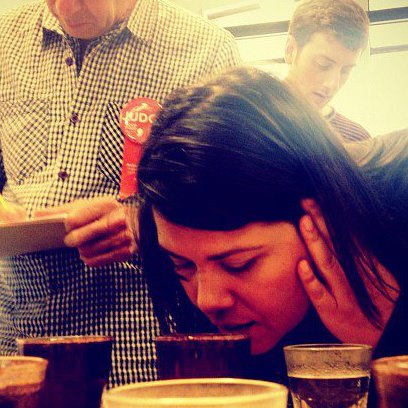
Wrecking Ball Coffee Roasters roastmaster Trish Rothgeb is the new Director of Programming at the Coffee Quality Institute. Rothgeb is perhaps best known for coining the phrase “Third Wave of Coffee” – but her body of work within the specialty coffee industry is expansive Trish has worked for Kaffa (Norway), Taylor Maid Farms, and Zoka – she’s a certified SCAA instructor, served on the Roasters Guild Executive Council, serves on the World Barista Championship Board of Directors, and was a founding member of the Barista Guild of America. We caught up with Trish en route to Australia to ask her some Sprudge-esque hard ball questions.
1. What’s the Q?
The Q Program is a system for identifying and certifying lots as specialty. A certified Q Coffee scores 80 and above on the SCAA cupping form, is free of primary defects, has no more that 5 full secondary defects. The program is best known for the program that trains and certifies graders to do the work of grading and tasting to identify those specialty lots. In fact, the training is so well known, some are not even aware that there are actually coffees being certified as Q worldwide. A coffee can be Q Arabica, or Q Robusta (newer). The grading and training of grading for Arabica and Robusta are different, but most “Q”s are Arabica graders.
2. What’s your vision for your new role – are you taking the Q in a new direction?
There is a very dedicated group of graders who have been working on Q education since its inception. I work with them on new components of the training and exams. There is a new version of Q training – known as the “V. 4.0”. Part of my vision is to get already certified Qs calibrated under the new cupping exams.
I also have a vision that people will be able to find Q certified coffees easily and because many know the standards, whether we are Q or not, we will be able to really count on the objective evaluation of quality it represents.
3. There are changes happening to the Q – can you talk about them with us?
The changes are a bit complex, but I will say that the new cupping formulas for the exam are far more objective than they’ve ever been. I am excited about the way students will be able to walk away with a better understanding of what kind of cupper they are personally – not just how they calibrated with the rest of the class. Calibration is still key, though. We have tightened up all the tests, and the training before exams is much more comprehensive now.
4. We published a piece by Simon Ouderkirk about failing the Q. Is this commonplace? Is the Q for everybody? Should he try again?
He should go ahead and retake those exams he didn’t pass. From what I remember, he did very well with just a couple of things he has to go back to finish. Not uncommon! The Q is mostly for people to gain understanding of the standards. The grading of Q coffees is the thing that is not for everyone. And that’s just fine.
5. Do Q cert courses happen all over the place?
Courses can be found on the CQI website. They are all over the world, but are not usually planned by CQI. The prices vary and they most often happen at SCAA certified cupping labs around the world. (The Coffee Quality Inst. plans grant funded courses in coffee growing locals, and those are generally the ones you might find on the website where the enrollment is closed to the public.)
Extra Credit Q
6. When new people come into new and established roles, they might be excited about one or two things they want to change or see improve. Is there anything you’re particularly excited about?
I really want people to learn more about the work of CQI. Ironically, I am in charge of the Q Program, but I see my job as opening up the resources and focus, so that we can be known for all the other amazing things we do. For example, CQI sent out more than 40 Coffee Corps assignments in 2012….those were not Q courses, but training for small holder farms and farm groups that wanted technical assistance to improve their coffee!
I’m excited to help make CQI a resource for the industry in new ways. With World Coffee Research and SCAA education expanding, I see so much potential to partner up for better coffee. I imagine all these organizations might seem confusing for coffee folks…who are they? how are they different? …I can see the avenues for collaboration right in front of me …plain as day!














